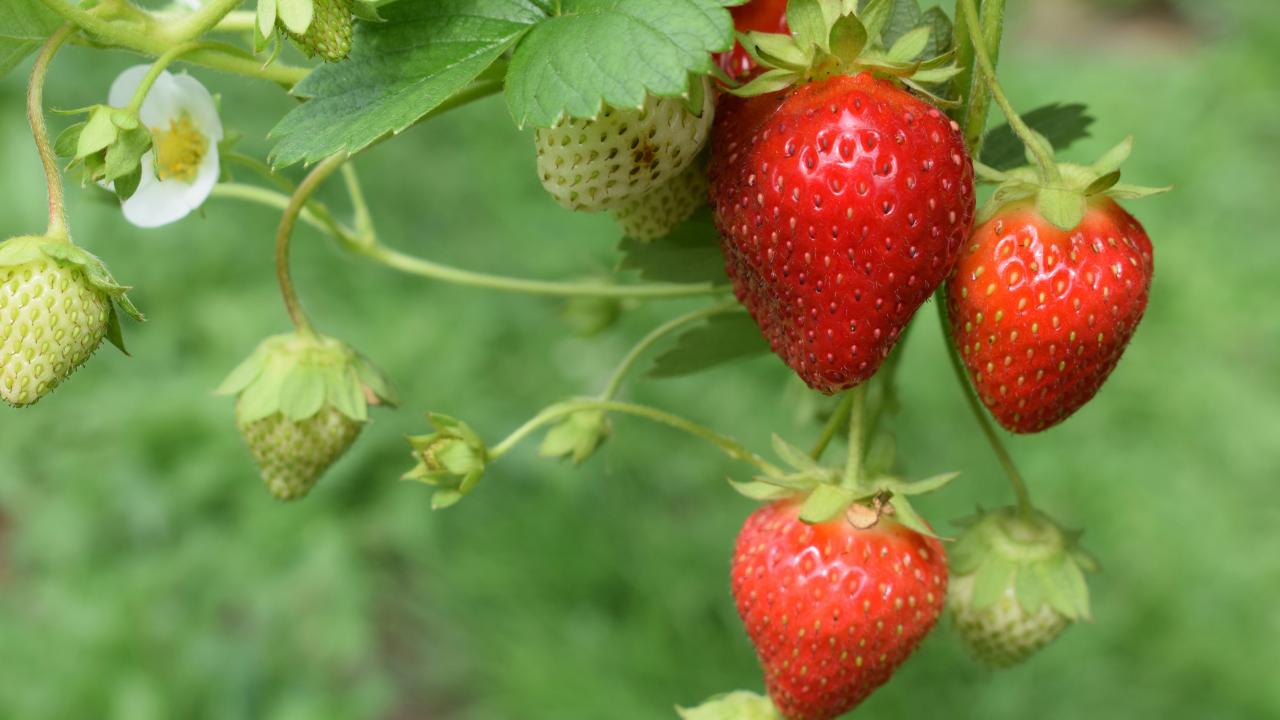Fresh food red tape looms

AUSTRALIA’S peak horticulture body has slammed plans by some state and territory governments to introduce new food safety standards for some fresh fruit and vegetable products.
The National Farmers Federation Horticulture Council says national food safety regulators need to take a long hard look at themselves.
Council chair Jolyon Burnett has written to Commonwealth, State and Territory members of the Food Ministers’ Meeting, calling on them to instigate an independent review into the development and implementation of new food standards, which were due to apply to fresh berries, leafy vegetables and melons from Wednesday.
The Horticulture Council says primary production and processing standards, created by Food Standards Australia New Zealand and applied by relevant food regulatory agencies in each state and territory, are meant to strengthen food safety and traceability throughout the food supply chain.
“This has had a stink to it from the very start, when the predecessor body to the Food Ministers’ Meeting kicked off this process without having first consulted industry, expressly counter to their own terms of reference,” Mr Burnett said.
“Now, despite a commitment to creating nationally harmonised regulation, we have several states and territories not just departing from the model they’ve been handed but creating additional red-tape, not for the purpose of improving food safety, but lining their own coffers.”
Fruit Growers Tasmania chief executive Peter Cornish said the organisation was concerned about the potential introduction of any new state-based regulations for crops such as berries, which he said were unnecessary given there was already an agreed national standard.
The new national food safety standards will apply to all producers from those selling their fruit from roadside stalls right through to the state’s largest producers.
“If people are buying fruit from a roadside stall they’re not going through the same quality system than if you buy from a supermarket – so buyer beware – you get it fresher but it just doesn’t go through those same standards,” he said.
After having some initial discussions with the State Government in August last year, Mr Cornish said there had been no further consultation with the industry since then.
“We’ve been asking for some time but we haven’t heard anything since then,” he said.
“There’s a national agreement and there’s certainly no need for anything different or more onerous.”
Mr Cornish said all the major berry producers were already operating under multiple quality assurance programs, so potentially adding another layer of red tape was not something the industry would support.
“We would fully expect that what ever they do will be consistent and no more and no less than what the agreed national approach is,” he said.
Mr Burnett said the Horticulture After having some initial discus Council was calling for an immediate and thorough independent review of the Food Ministers’ Meeting’s performance and its fitness as a governing body generally, with its role in developing and implementing new food standards for fresh berries, leafy vegetables and melons as a specific focus.
“States and territories are piling on more red-tape, which only returns to them new revenues, more headaches for growers, and more expensive food during a cost-of-living crisis,” he said.
“Most states and territories haven’t got the necessary legislation in place to put these standards into effect from today, despite having two and half years to prepare, and so we’re also calling for a 12-month extension where this is the case.”
The Tasmanian Government was contacted for comment




Add new comment